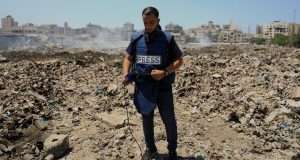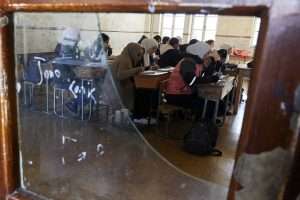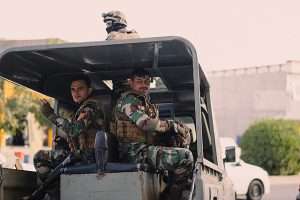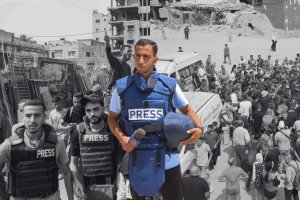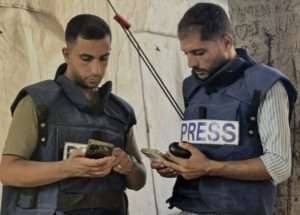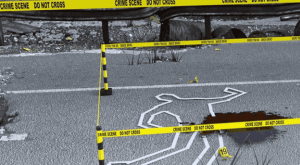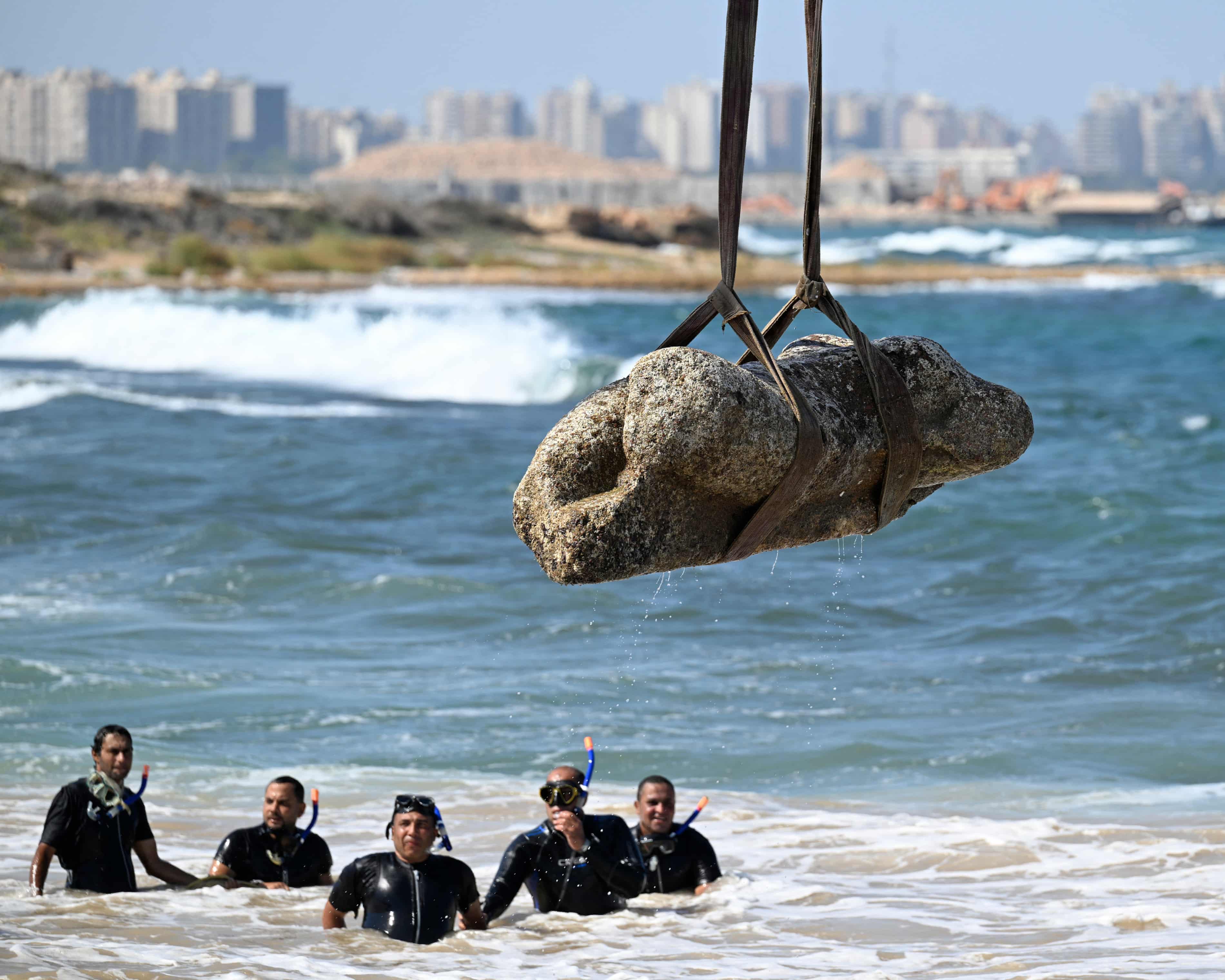Tunisia’s Saied Focuses on Journalists, Assaults Rise
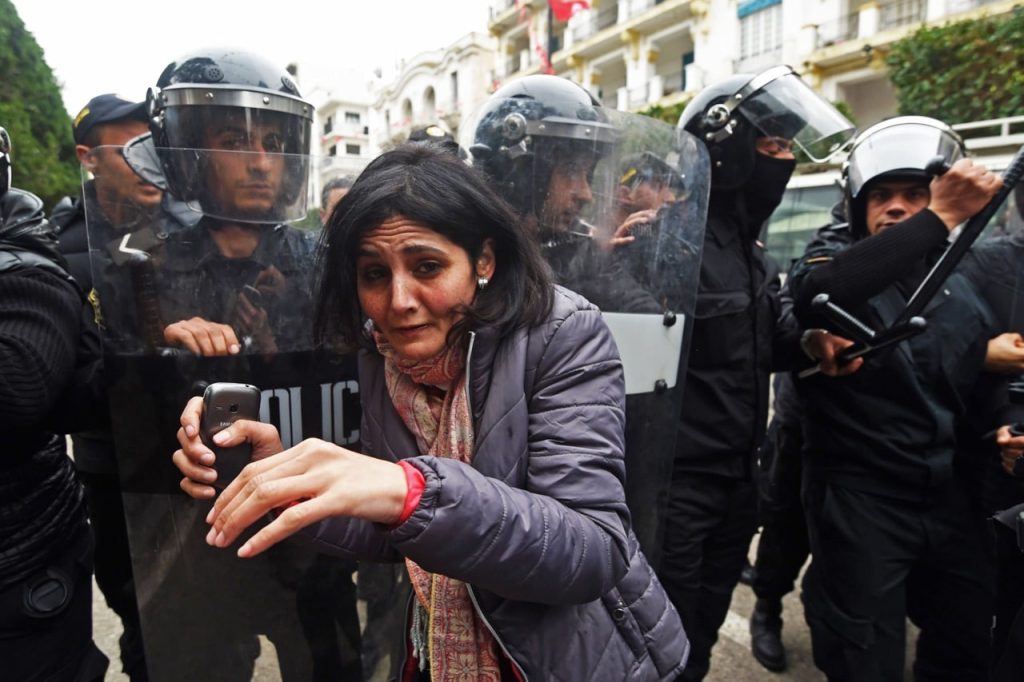
With Tunisia in a tailspin, its incumbent leader has been lashing out at various opposition groups in civil society for months, particularly following the first parliamentary election in December which turned out to be a flop. But now since the second one has also failed, Kais Saied seems to have moved on from harsh words and threats to now physical abuse meted out by his own supporters, with the fourth estate in their sights.
According to its monitoring unit, the National Syndicate of Tunisian Journalists (SNJT) revealed on February 10th that 29 journalists had been assaulted during their coverage of the second round of legislative elections between 15-30 January, reports Middle East Monitor. It emphasised that the assaults increased compared with the first round of the legislative elections of 2019, calling on the Independent High Authority for Elections (ISIE) to open an investigation into the assaults.
In its monthly report, published on its official website, the SNJT said two assaults took place before voting day while the other 27 assaults were during voting day. The SNJT noted that the assaults targeted 14 female journalists and photographers out of a total of 29 journalists.
The SNJT confirmed that the journalists were attacked during the coverage of the second round in thirteen governorates: nine attacks took place in Tunis, five attacks in the governorate of Kairouan, four in the governorate of Gafsa, two attacks in each of the governorates of Nabeul and Beja and one attack in each of Sidi Bouzid, Siliana, Monastir, Mahdia, Ben Arous, Bizerte and Ariana governorates.
READ Sami Hamdi: Saied ramps up crackdown. But time is against him
The SNJT asserted that most of the abuses were related to the ISIE’s refusal to provide journalists with information, accusing the ISIE of: “Putting illegal obstacles to the free flow of information.” It pointed out that its monitoring unit recorded twelve cases of withholding information, eleven cases of thwarting of work and six instances of harassment.
The SNJT reported that the heads of polling centres conducted most of the assaults, and it held them responsible for twenty-two attacks, all related to withholding information about the progress of the electoral process and preventing journalists from working.
The SNJT called on the presidency of the republic to: “Provide real guarantees for freedom of the press and expression away from political discourse, and to develop a national action plan based on a participatory approach with professional structures that considers the needs of the sector.”
The SNJT recommended the ISIE to open a: “Serious investigation on the assaults perpetrated by the heads of the centres and the subordinate bodies, and to present the results of these investigations to the SNJT and public opinion during the announcement of the final results of the second round of the legislative elections.”
MEMO
Want to chase the pulse of North Africa?
Subscribe to receive our FREE weekly PDF magazine




